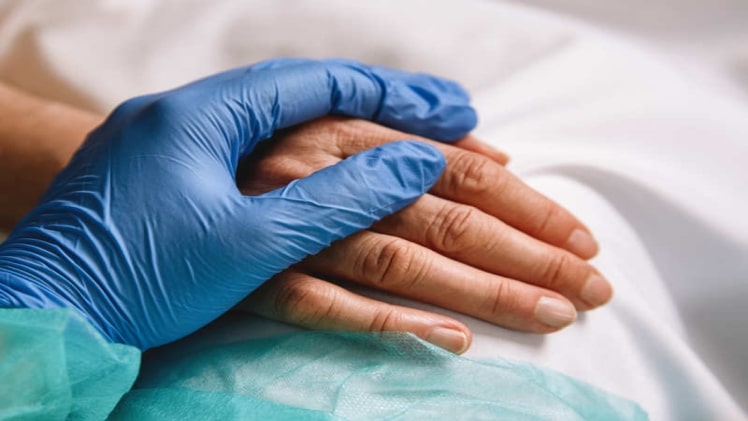Often times, people who do go to a rehab center and are checked properly for their drug or alcohol addiction are recommended to take the basic treatment programs such as the inpatient treatment or the outpatient treatment. If the results are not there, they are either upgraded to an intense inpatient treatment program or intense outpatient treatment program. Treating addiction at a rehab center is very flexible because the whole goal is to get effective recovery as early as possible when the treatment starts.
If the treatment is still lacking results, then other options are incorporated such as the partial hospitalization program, sober-living is also an option for early treatment. These are all the things that are taken into consideration during the treatment of a drug or alcohol addict. But there is also great effort put into the post-rehab treatment for a patient. Because there is a 40-60 percent chance that the patient can relapse after their treatment for drug or alcohol addiction is finished. To prevent this predicament from taking place, necessary steps are to be taken to create an aftercare plan.
What is an aftercare plan and how is it made?
An aftercare plan is a plan that prevents the patient from relapsing who was suffering from drug or alcohol abuse to remain intact with their sobriety even after the treatment is finished. An aftercare plan is to ensure such a situation does not escalate where addiction comes back due to relapse, then all the efforts made by the doctors, staff, family, and especially the patient will all go in vain.
There are vital elements that are required to create an aftercare plan, such as having a list of contacts that are only for emergency, having supportive family and friends, exercising daily, and having group meetings, staying connected with fellow post-treatment patients, along with getting regular checkups with clinicians.
But, how is an aftercare plan made? It is simple, the aftercare plan is made by asking the following questions:
- Why do you think it is advantageous for you to stop taking drugs or alcohol to abuse them and keep your sobriety intact?
- What is your dream and what are the goals that you want to achieve in your life?
- Other than yourself, who else can get benefit from you keeping yourself sober? Your partner, family, coworkers, friends, children?
- How will sobriety effect your work as well as your daily life?
- What parts of your life were affected by drug addiction? Was your health affected by it? Was your career affected by it or your financial situation?
This is how an aftercare plan is made by asking such questions from the patient. This can help people understand their goals and their direction in life. This can help the patients find motivation and be ready for change.
Elements of a great aftercare plan.
Now that you know why an aftercare plan is to be made and how to go about it, you need to know what a great aftercare plan involves. The components and the elements that a good aftercare plan has are the following:
- Coping strategies should be included to help patient handle their emotional and social triggers.
- Stress and other daily activities need to be managed properly via relapse prevention plan.
- Sober goals should be followed such as finding a job or going after educational options that one might have.
- Keep doing therapy along with peer support and family support.
- New social support network should be established and sober activities should be practiced daily.
This is how a great aftercare plan is made, if you want to make one with a reliable rehab center, then click for more info.

